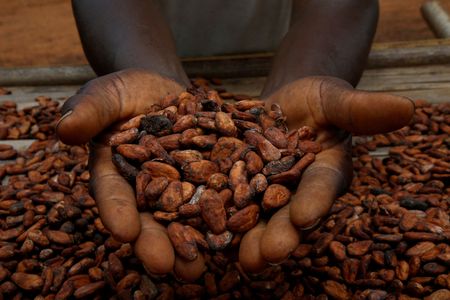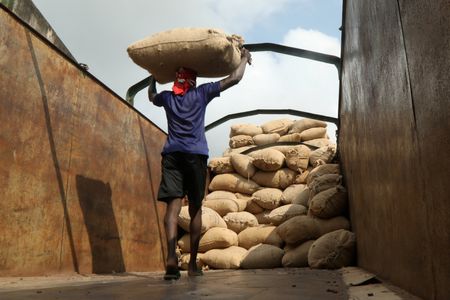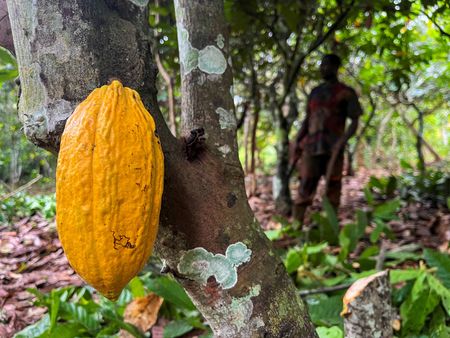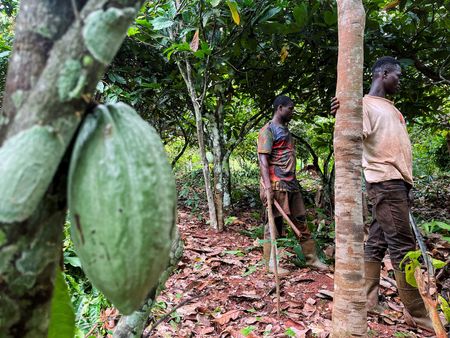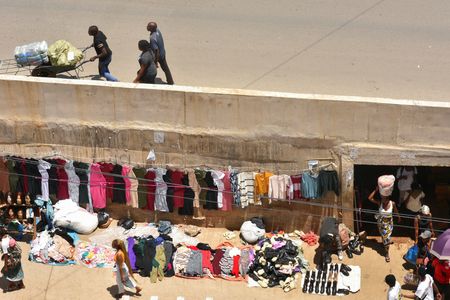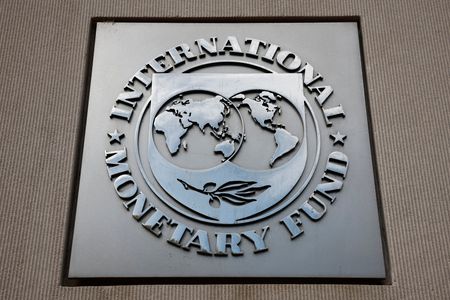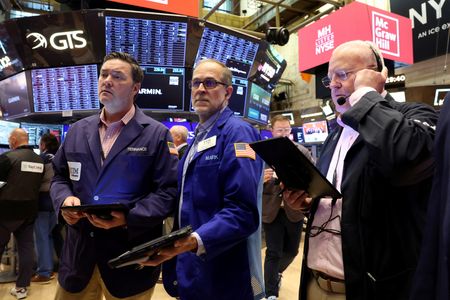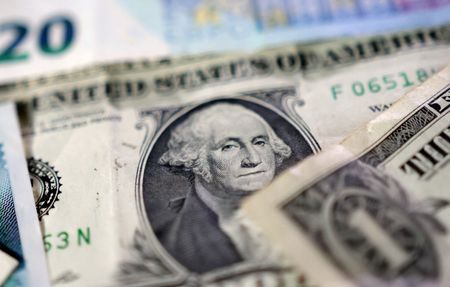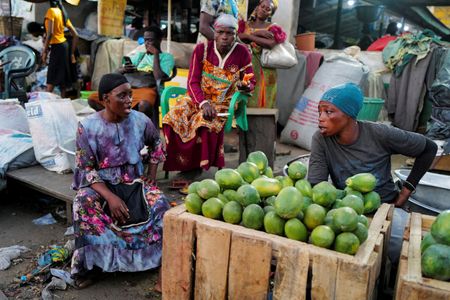ABIDJAN (Reuters) -Small players in Ivory Coast’s cocoa industry say they fear they will go out of business due to the cost of complying with new European Union regulations on the import of commodities linked to deforestation.
The proposed law, which aims to end the estimated 10% of global deforestation fuelled by EU consumption, requires companies importing goods such as cocoa, soy, beef and coffee to prove their supply chains do not contribute to the destruction of the world’s forests, or face hefty fines.
In order to meet the regulations, Ivory Coast has opted for a digitalised sales and purchasing system to facilitate verification.
However, cooperatives and small local exporters are concerned they will not be able to compete with Western multinational companies, which have better financial and human resources to handle the additional cost and workload.
Two sources at Ivory Coast’s Coffee and Cocoa Council regulator said around 900,000 out of 1 million cocoa farmers had already received their digital ID cards, which will also serve as bank cards.
Under the new system, farmers will be paid via mobile money operators by exporters after buyers or cooperatives deliver their beans to ports – effectively cutting out the usual cash payments to middlemen.
“With this card, the traceability of Ivorian cocoa is 100% guaranteed,” one of the sources told Reuters, adding that all the data on farmers will be stored online.
The second source said the new system, which was tested on a sample of producers, cooperatives and exporters, would be rolled out and become mandatory from October 1.
The EU has delayed the launch of the law by a year, to December 2025, following complaints from trading partners, and cut back on reporting rules after industry criticism.
“Compliance with the regulation requires investments that we cannot make,” said the director of an Ivorian trading company who fears it could go bankrupt.
The president of a cocoa export cooperative said multinationals planned to spend at least 200 CFA francs ($0.3604) per kilogram to comply with this regulation – a cost cooperatives are unable to bear.
Cocoa players say the new rules might kill off vulnerable cooperatives or local exporters if Ivory Coast’s government doesn’t step in to protect them.
“We are not opposed to traceability and sustainability. What we are criticizing is that the EU only protects its own industry and citizens, not those of other countries, and this regulation will kill local businesses,” the director of an Ivorian export company told Reuters.
“If we don’t get help from the government, there won’t be any cooperatives or local exporters left in two years,” the director of another cocoa cooperative said. “We’ll all disappear.”
The company leaders all declined to be identified to avoid the possibility of pressure or threats to their businesses.
($1 = 555.0000 CFA francs)
(Reporting by Ange Aboa; Writing by Anait Miridzhanian; Editing by Alison Williams)

